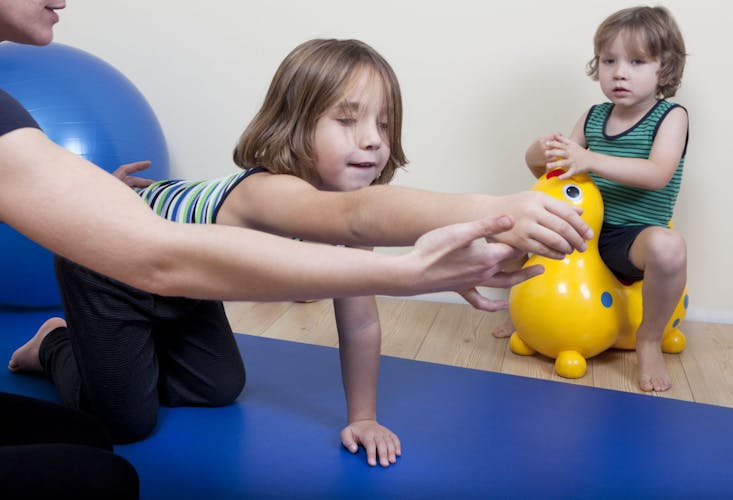As parents, we all want the best for our children, mainly their development and well-being. Pediatric therapy may be beneficial if you have concerns about your child’s speech, motor skills, behavior, or overall development.
This blog post will explore why parents should consider pediatric therapy and how it can positively impact their child’s growth and future success.
Early Intervention for Optimal Development
Early pediatric therapy can help identify and address developmental delays, leading to better long-term outcomes and helping children reach their full potential. Parents should seek treatment at the earliest signs of concern to support their child’s growth and future success.
Specialized Expertise and Support
Pediatric therapists provide specialized care for children’s developmental needs, creating effective treatment plans and interventions to help them thrive. Parents can significantly benefit from their expertise and guidance.
Targeted Therapy for Specific Needs
Pediatric therapy includes speech, occupational, and physical therapy, targeting areas like speech, motor skills, and cognitive abilities. It helps address developmental delays and challenges through tailored interventions.
Enhancing Communication Skills
Speech and language delays can significantly impact a child’s communication ability. Pediatric speech therapy improves communication skills, articulation, language development, and social communication. Children can overcome speech challenges, develop clear communication skills, and enhance their overall social interactions and self-confidence by engaging in speech therapy.
Improving Motor Skills and Physical Functioning:
Occupational and physical therapies target motor skills, coordination, balance, and physical functioning. These therapies help children develop fine and gross motor skills, improve muscle strength and control, and enhance their ability to perform daily activities. Children can gain independence, engage in age-appropriate activities, and achieve greater physical well-being by participating in pediatric occupational or physical therapy.
Boosting Social and Emotional Development:
Pediatric therapy also addresses social-emotional development, helping children navigate emotions, develop self-regulation skills, and enhance social interactions. Therapists create a safe and supportive environment for children to explore and express their feelings, develop coping strategies, and foster positive relationships. Children can improve their social skills, build self-esteem, and thrive in various social settings through targeted interventions.
Conclusion
Pediatric therapy helps children develop better communication, motor skills, and social-emotional abilities. It’s a proactive way to ensure your child’s success and overcome developmental challenges. You’re not alone in this journey—pediatric therapists are here to help your child reach their full potential.


